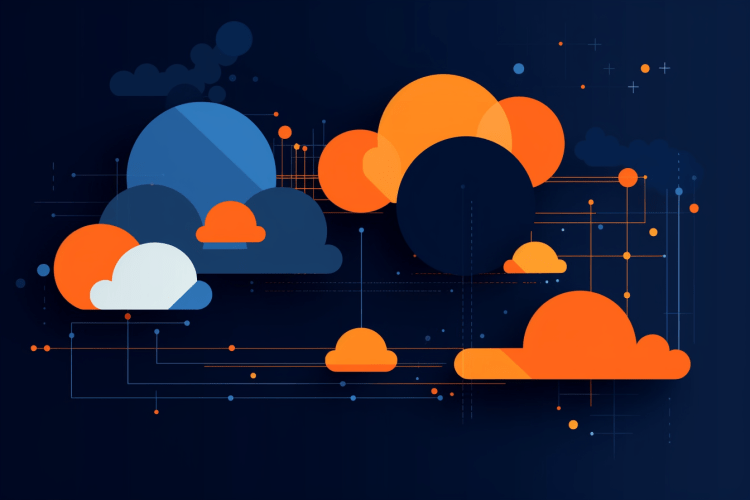Data security is a critical criterion for migrating data to the cloud. Modern cloud solutions make it possible to fully protect data both at the transfer stage and in the storage process. Such solutions are provided by specialized companies such as GCore.
Maximizing Cloud Security: Best Practices and Technologies

Maximizing Cloud Security: Best Practices and Technologies
Data security is a critical criterion for migrating data to the cloud. The myth is that migrating to the cloud automatically means a security breach. In fact, despite the risks, modern cloud solutions make it possible to fully protect data both at the transfer stage and in the storage process. Therefore, you can order cloud without unnecessary precautions. Such solutions are provided by specialized companies such as GCore. They are responsible for the reliability of the system and the protection of the data you transfer or store in the cloud. Let’s learn a little more about how it works and what technologies keep all information securely protected every step of the way.
Joint responsibility of the client and the provider
Regarding cloud security, it’s essential to recognize that both the customer and the cloud provider are responsible. While cloud service providers invest in safety and offer advanced controls, the customer is responsible for using and managing the capabilities provided.
Data backup settings
This step allows you to recover lost files quickly if needed. Perform regular backups and verify backup files to ensure their integrity and consistency.
Choose only providers that offer built-in data encryption controls
Encryption is one of the critical aspects of protecting information stored in the cloud. Therefore, it should be used for data security. A recent study by Cloud Security Threat revealed shocking facts: 80% of respondents do not use data encryption at all. But this is exactly the kind of step that companies can take to significantly reduce the risks of data leakage and unauthorized access while ensuring the confidentiality and integrity of sensitive information.
Implementation of automation and use of intelligent technologies
Improving cloud security and effectively protecting against sophisticated cyber threats is critical. Thanks to this, security services can optimize their daily tasks, reduce the response time to security events, simplify the investigation process, and minimize the impact of attacks. Automation ensures the implementation of proactive security measures and the ability to adapt to new threats quickly.
Concept of DevSecOps
This approach ensures that security is not seen as an isolated phase but becomes a fundamental aspect of the development culture. DevSecOps integrates security practices throughout the agile development process, and each development team member takes responsibility for code security. Thus, even with complex configurations, remediating code vulnerabilities in the workflow allows developers to improve overall security and create more resilient and secure applications.
If you need help achieving optimal cloud security, the GCore team is here to help. You can develop a comprehensive cloud security strategy to protect your business using our expertise.








